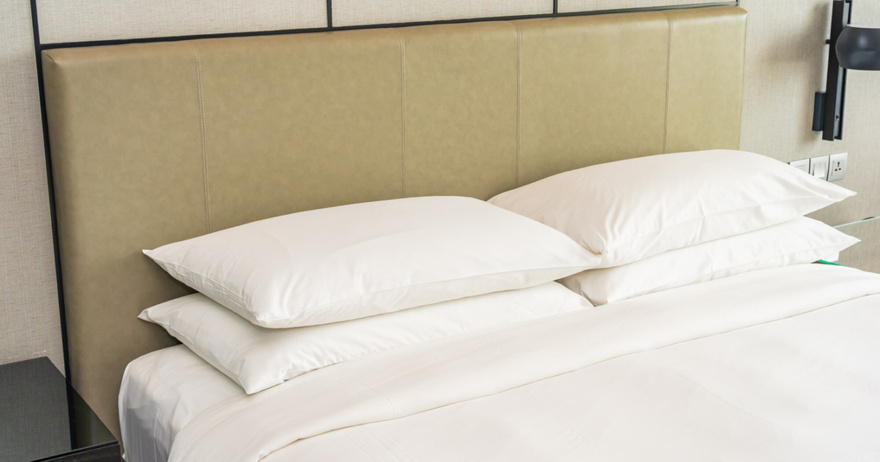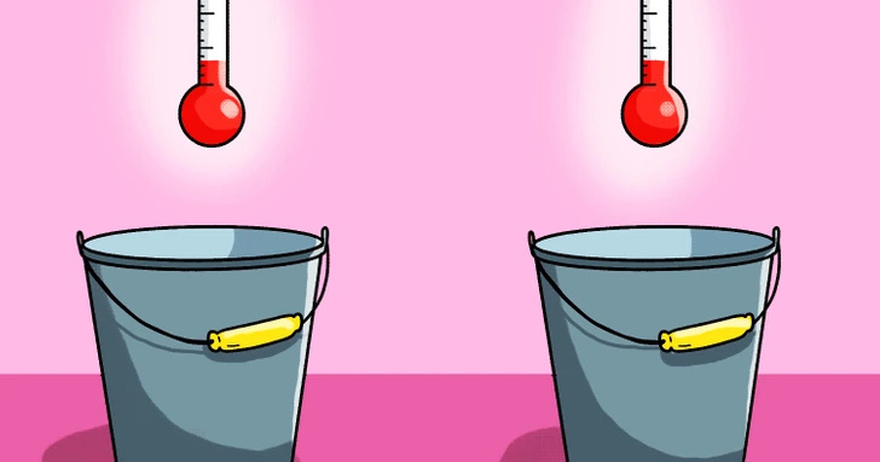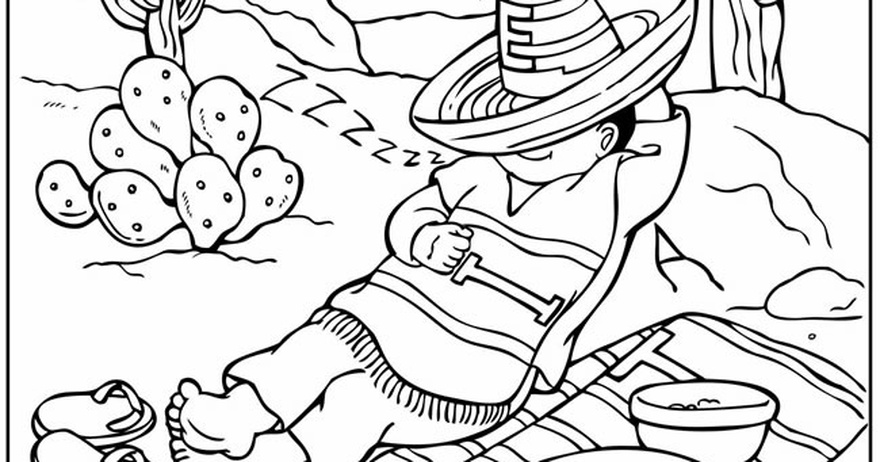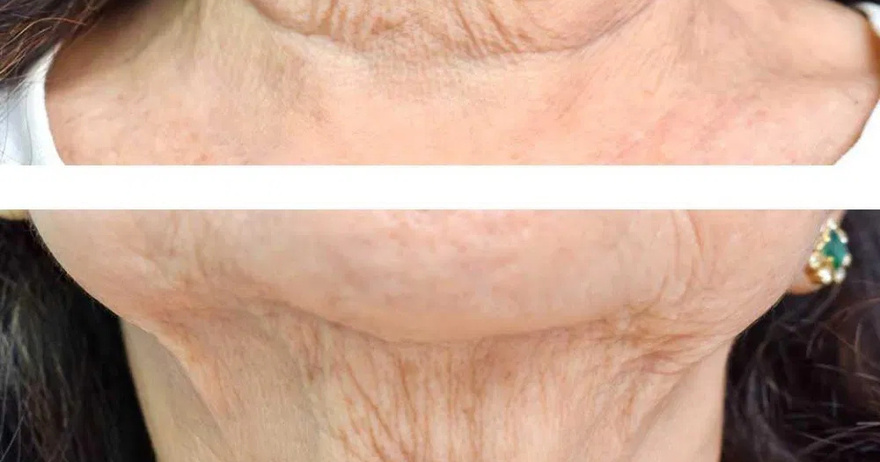If you’ve ever woken up to a sudden, painful cramp in your leg, you know how startling and uncomfortable it can be. While many people mistakenly believe that only boys or young men experience cramps, the reality is that nighttime cramps can affect anyone, regardless of age or gender. Let’s dive into what these cramps are, why they occur, and how you can prevent or manage them effectively.
What Are Nighttime Cramps?
Nighttime cramps, also known as nocturnal leg cramps, are sudden muscle contractions that typically affect the calves or feet while you’re resting or sleeping. They often occur when your muscles remain inactive for extended periods, such as during sleep. These cramps can be incredibly painful, lasting anywhere from a few seconds to several minutes, and can easily disrupt your sleep.
Why Do Cramps Happen During Sleep?
When your body is inactive during sleep, muscles can stiffen up, making them more prone to sudden cramps. A few factors that contribute to this phenomenon include:
Dehydration: Lack of fluids can lead to imbalances in the body’s electrolytes, making muscle contractions unpredictable.
Electrolyte Imbalances: Low levels of essential minerals like potassium, magnesium, and calcium can interfere with normal muscle contraction and relaxation.
Reduced Circulation: Sleeping positions can restrict blood flow to the legs, causing muscles to become oxygen-deprived, which may lead to cramping.
Who’s Most Prone to Nighttime Cramps?
Nighttime cramps can affect anyone, but certain groups are more susceptible:
Pregnant Women: Hormonal changes and increased pressure on the blood vessels can make pregnant women more likely to experience cramps.
Older Adults: As people age, muscle mass and circulation may decline, increasing the risk of cramps.
Athletes: Intense exercise can strain muscles, making them more prone to cramps during rest periods.
People with Health Conditions: Conditions like diabetes, kidney disease, or peripheral artery disease can also increase the likelihood of cramping.
Common Causes of Nighttime Cramps
Understanding the root causes of nighttime cramps can help you take effective steps to manage and prevent them.
Muscle FatigueIntense physical activities, such as running or weightlifting, can leave muscles fatigued. When muscles are overused, they become more prone to involuntary contractions, which often occur during periods of rest.
DehydrationWater plays a crucial role in maintaining muscle function. Dehydration leads to a lack of fluids necessary for muscle contraction, making cramps more likely, especially at night.
Electrolyte ImbalancesMinerals like potassium, magnesium, and calcium are vital for muscle health. When these levels drop, muscles can contract suddenly, leading to painful cramps.
Poor CirculationInadequate blood flow can cause muscles to cramp. Health issues like varicose veins or peripheral artery disease can limit oxygen and nutrient delivery to muscles, increasing the risk of cramps, particularly when lying down.
How to Relieve Nighttime Cramps
If you frequently experience cramps during sleep, several strategies can help you find relief and prevent future episodes:
StretchingWhen a cramp strikes, gently stretch the affected muscle. For calf cramps, try flexing your foot upward and pulling your toes toward your shin. This can help relax the muscle and stop the cramp.
MassageMassaging the cramping muscle can increase blood flow and relieve pain. Apply gentle pressure using circular motions to encourage muscle relaxation.
Stay HydratedDrinking plenty of water throughout the day is one of the simplest ways to prevent cramps. Aim for at least eight cups of water daily and increase your intake if you’re physically active or live in a warm climate.
Eat Mineral-Rich FoodsInclude foods high in potassium, magnesium, and calcium, like bananas, nuts, leafy greens, and dairy products, in your diet. These minerals are crucial for muscle function and can help prevent cramps. If needed, consult your doctor about taking supplements.
Apply Heat or ColdUsing a warm towel or heating pad on the cramped muscle can promote blood flow and relaxation. Alternatively, applying a cold pack can numb the pain and reduce inflammation.
When to Consult a Doctor
Occasional cramps are usually harmless, but if you experience frequent or severe cramps, it’s wise to consult a healthcare professional. Persistent cramping could be a symptom of underlying health conditions such as diabetes, nerve disorders, or circulation problems. Treating these conditions can help reduce the frequency and severity of cramps.
Tips for Preventing Nighttime Cramps
Taking proactive measures can reduce the chances of experiencing nighttime cramps. Here are a few prevention strategies:
Stretch Before Bed: Incorporate a gentle stretching routine before sleep to keep your muscles loose.
Wear Supportive Footwear: Shoes with good arch support can reduce muscle strain and minimize the risk of cramping.
Avoid Caffeine and Alcohol: Both can contribute to dehydration, increasing the likelihood of cramps.
Use Proper Sleeping Posture: Avoid positions that restrict blood flow to your legs. Placing a pillow between your knees can help improve circulation and reduce pressure on muscles.
Conclusion: Managing Nighttime Cramps
Nighttime cramps are a common issue that can disrupt sleep, but they’re not exclusive to boys or any specific group. Anyone can experience these painful muscle contractions. The good news is that by staying hydrated, maintaining a balanced diet, and incorporating regular stretches into your routine, you can significantly reduce the chances of cramps.
If cramps persist despite these efforts, it’s best to seek medical advice to rule out underlying health concerns. By making small adjustments to your daily habits, you can enjoy more restful, cramp-free nights.






























